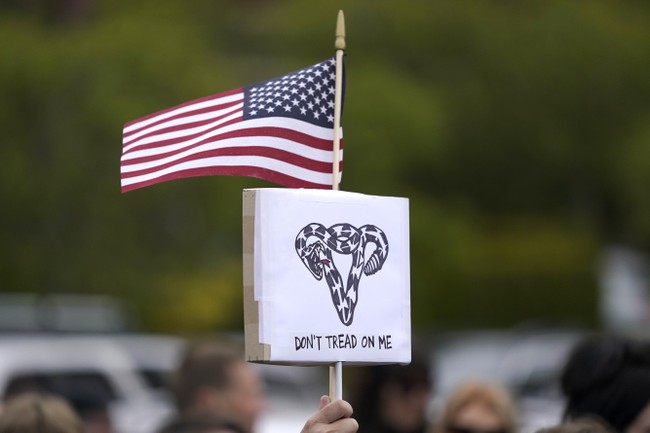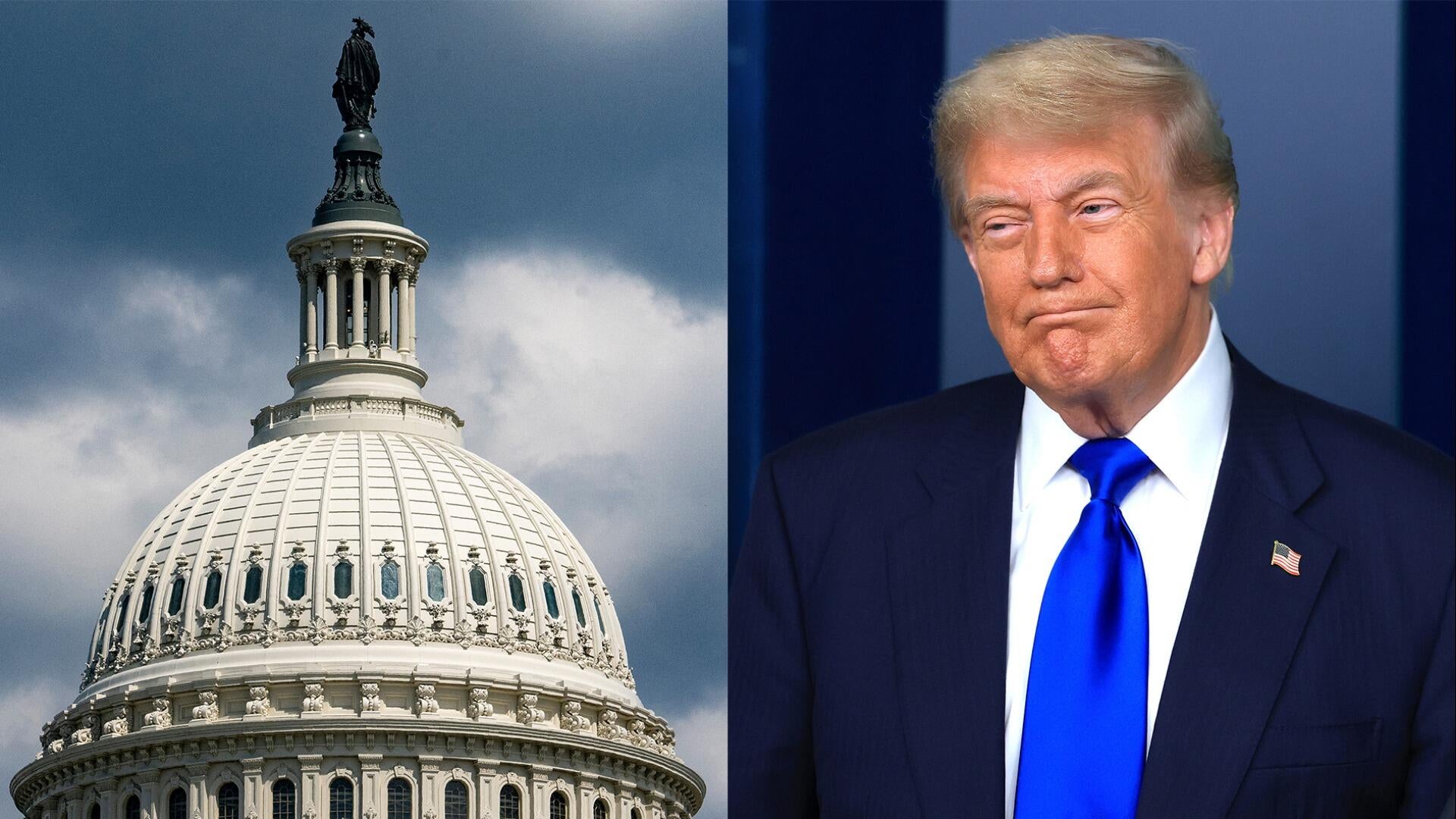

Wisconsin’s Supreme Court struck down a 176-year old state law Wednesday, one that classified performing an abortion as a felony, except in the case of saving the mother’s life.
Abortions within the first 22 weeks of pregnancy have already been taking place in Madison, Milwaukee, and Sheboygan, but now all abortions in Wisconsin are legal up to the point of fetal viability, considered to be approximately 20 weeks after conception.
The state’s Supreme Court was divided with its four liberal justices in favor of repealing the state law.
“This case is about giving effect to 50 years’ worth of laws passed by the legislature about virtually every aspect of abortion including where, when, and how health-care providers may lawfully perform abortions,” wrote Justice Rebecca Dallet in the majority opinion for the court.
The court found that “the legislature impliedly repealed” Wisconsin’s near-total ban on abortion with more recent legsilation, invalidating the law that banned abortion since before the Civil War.
“The legislature, as the peoples’ representatives, remains free to change the laws with respect to abortion in the future. But the only way to give effect to what the legislature has actually done over the last 50 years is to conclude that it impliedly repealed the 19th century near-total ban on abortion, and that § 940.04(1) therefore does not prohibit abortion in the State of Wisconsin,” concluded Justice Dallet.
The three conservative justices on Wisconsin’s Supreme Court dissented, arguing that the issue of abortion should be decided by the legislature and the people. The justices also issued detailed rebuttals against the liberal justices’ argument that abortions were regularly accessible and normalized in colonial America.
“The majority opinion is a jaw-dropping exercise of judicial will, placing personal preference over the constitutional roles of the three branches of our state government and upending a duly enacted law,” said Justice Annette Kingsland Ziegler in her dissent.
“Put bluntly, our court has no business usurping the role of the legislature, inventing legal theories on the fly in order to make four justices’ personal preference the law,” said Justice Ziegler. “When the Court in Dobbs overruled Roe and Casey, it returned the question of abortion ‘to the people and their elected representatives.’ The Court did not send the question of abortion policy to state courts to take over where it left off. Abortion policy is for the legislature to decide.”
The Wednesday ruling comes as a result of a lawsuit brought by Wisconsin’s attorney general, Josh Kaul. He cited a 1985 state law that allowed abortions until viability and argued that the law enacted in 1849 had been implicitly repealed.




